
Stroke
Advertisement
Food insecurity is linked with an increased risk of developing heart disease.
A novel imaging technique added to MRI allows clinicians to better tailor rehabilitation for stroke patients.
Transient ischemic attack (TIA) is associated with long-term cognitive decline.
The caps on the end of chromosomes are called telomeres.
After one year of therapeutic intervention, less oxidation and aggregation were detected in lipoproteins.
Insights from a new AHA scientific statement outline how palliative care can improve quality of life for survivors of stroke.
A study shows that humans, mice exposed to long-wavelength red light have lower rates of blood clots that cause stroke.
The rise in these regions is despite the overall global decline in incidences.
For the first time in a decade, the American Stroke Association has released a new guideline for primary stroke prevention.
Recovering stroke patients often endure months or even years of depression driven by factors such as cognitive difficulties.
Despite a downward trend, there remains a high rate of first-time prescriptions of benzodiazepines in older adults.
COVID-19 infection may increase the risk of heart attack, stroke and all-cause mortality up to three years post-infection.
A recent study found that short, 1-minute bursts of high-intensity interval training may benefit stroke patients.
People are far more likely to be diagnosed with anxiety, depression, and suicidal behaviors in the first year following CVD.
The psychological stress induced by stock market volatility is associated with an increased risk of MACE and suicide.
Performing daily activities, at work or in the home, doesn't provide sufficient protection against stroke.
The American Heart Association issued important warnings about the cardiovascular dangers of extremely high temperatures.
Women who are overweight or obese between the ages of 14 and 31 are more likely to suffer ischemic stroke before age 55.
A simple blood test may allow physicians to better screen for patients at higher risk of stroke and cognitive decline.
Children with high blood pressure are more likely to develop serious heart conditions, including stroke and heart attack.
Advertisement


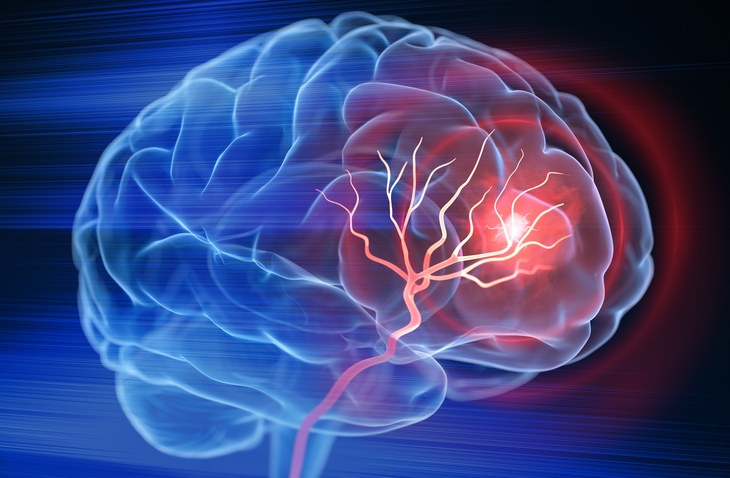
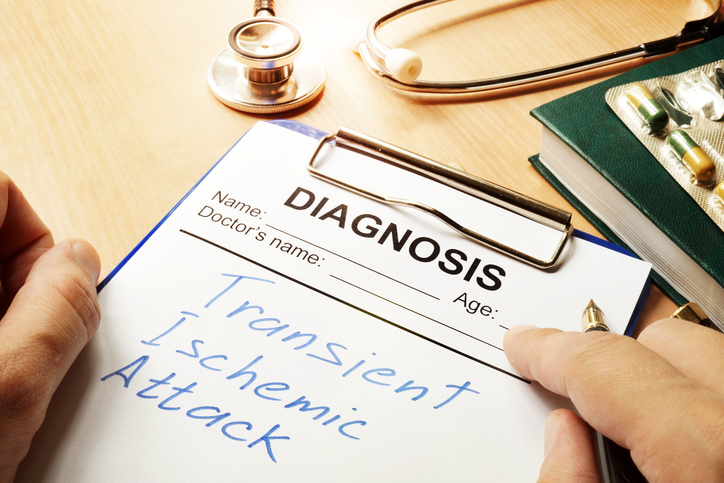

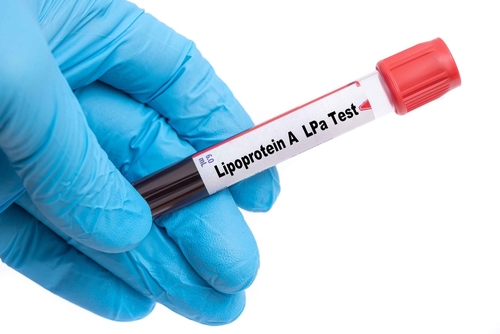
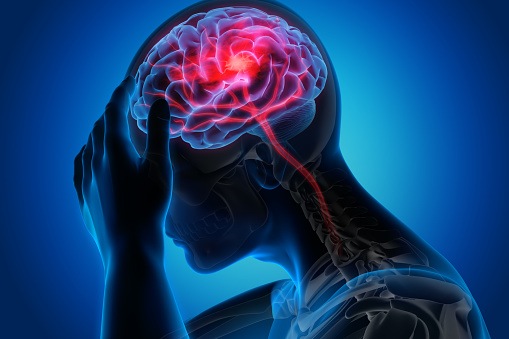

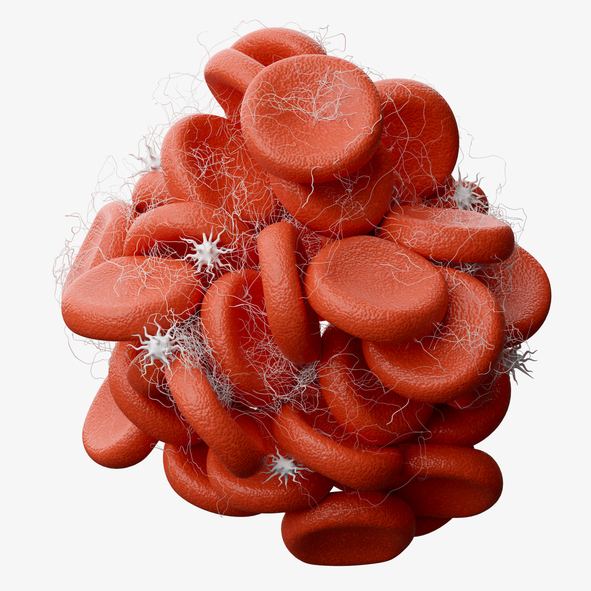
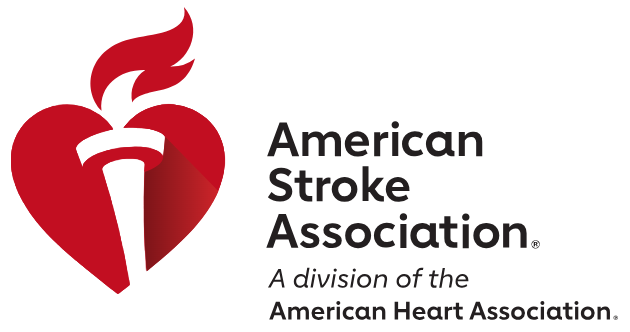

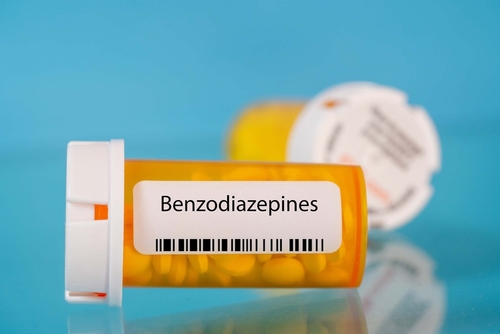
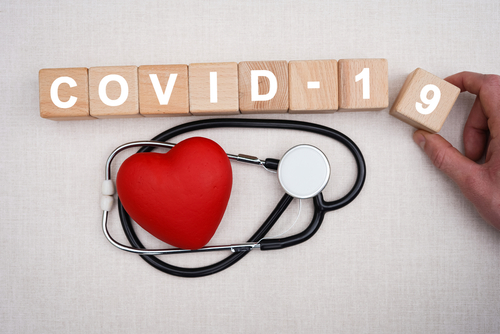
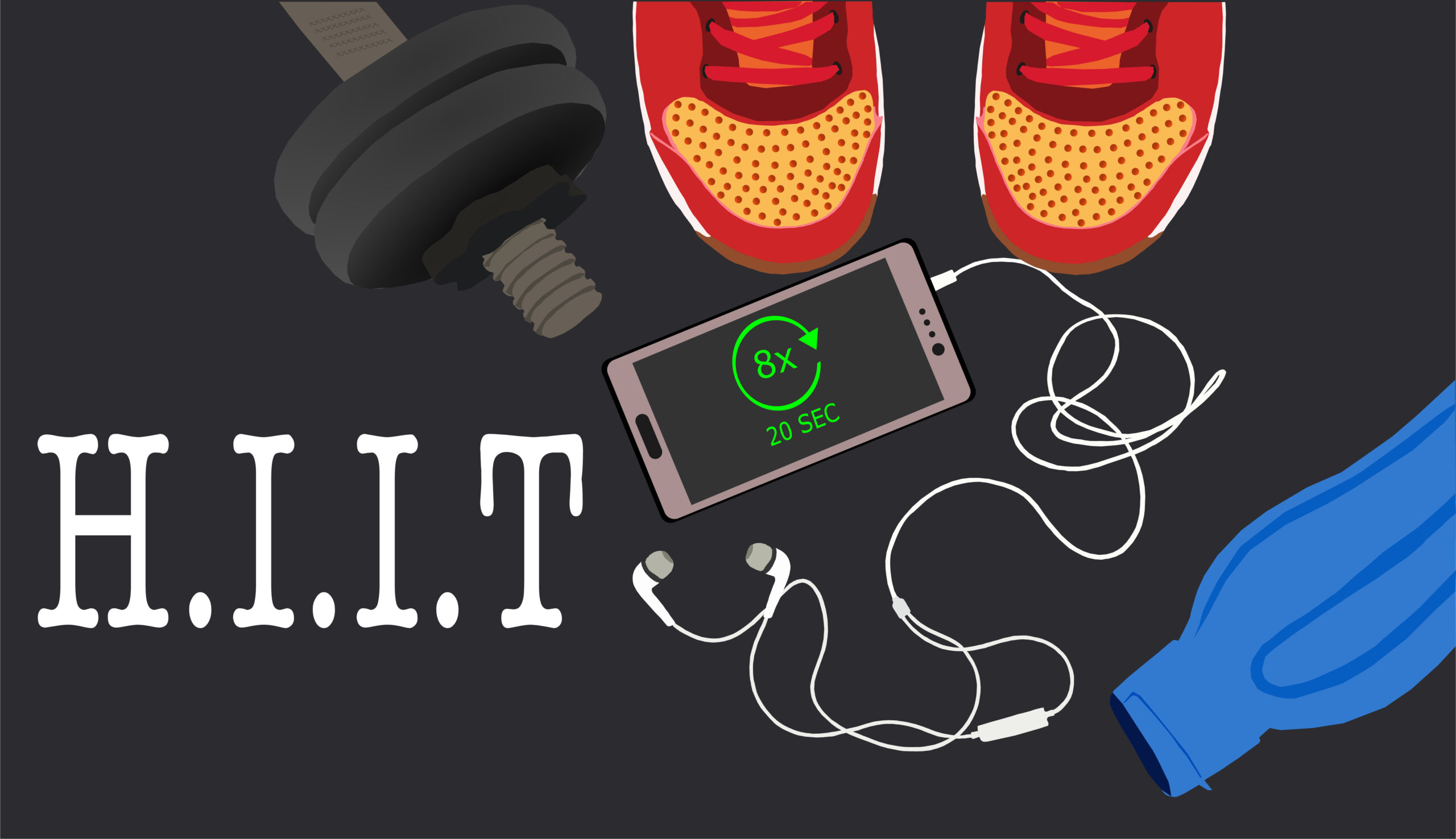

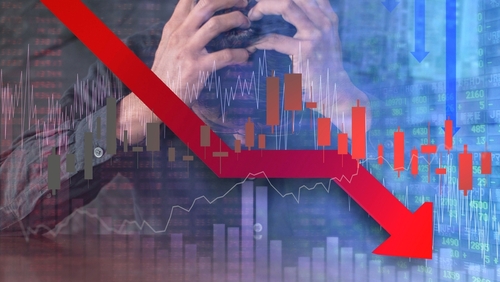

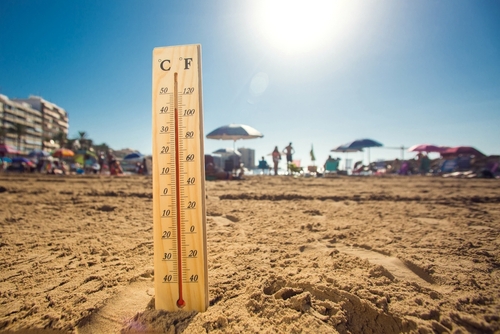

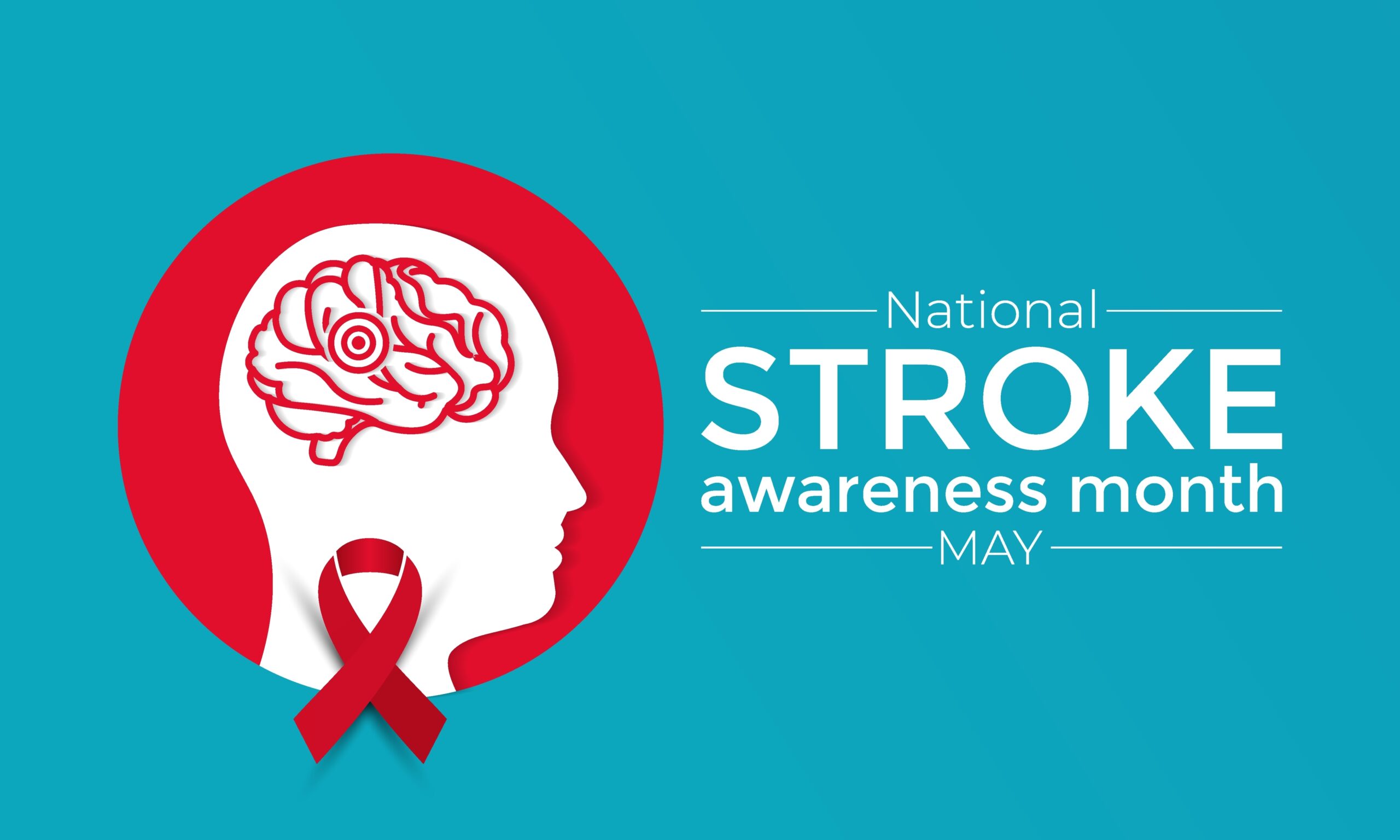
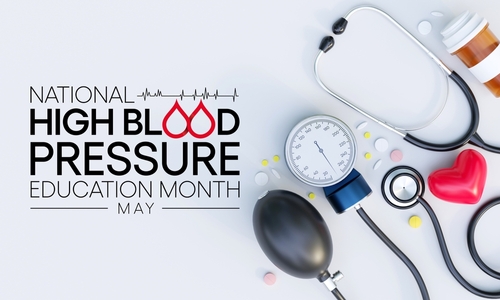

 © 2025 Mashup Media, LLC, a Formedics Property. All Rights Reserved.
© 2025 Mashup Media, LLC, a Formedics Property. All Rights Reserved.